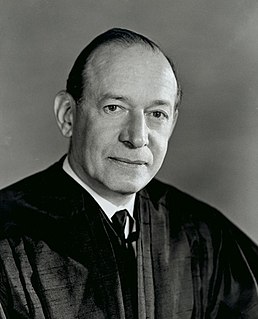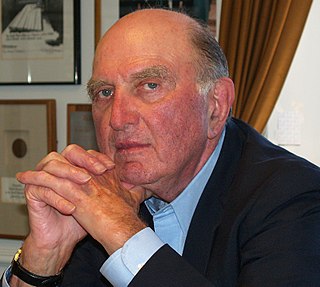A Quote by Ray Comfort
One of Dawkins' major gripes is against religion. I am in total agreement on that one. I abhor religion.
Related Quotes
Religion is an important institution. A nation without religion cannot survive. Yet it is also very important to note that religion is a link between Allah and the individual believer. The brokerage of the pious cannot be permitted. Those who use religion for their own benefit are detestable. We are against such a situation and will not allow it. Those who use religion in such a manner have fooled our people; it is against just such people that we have fought and will continue to fight. Know that whatever conforms to reason, logic, and the advantages and needs of our people conforms equally to Islam. If our religion did not conform to reason and logic, it would not be the perfect religion, the final religion.
What our view of the effectiveness of religion in history does at once make evident as to its nature is--first, its necessary distinction; second, its necessary supremacy. These characters though external have been so essential to its fruitfulness, as to justify the statement that without them religion is not religion. A merged religion and a negligible or subordinate religion are no religion.
In Europe, the Enlightenment of the 18th century was seen as a battle against the desire of the Church to limit intellectual freedom, a battle against the Inquisition, a battle against religious censorship. And the victory of the Enlightenment in Europe was seen as pushing religion away from the center of power. In America, at the same time, the Enlightenment meant coming to a country where people were not going to persecute you by reason of your religion. So it meant a liberation into religion. In Europe, it was liberation out of religion.
We define religion as the assumption that life has meaning. Religion, or lack of it, is shown not in some intellectual or verbal formulations but in one's total orientation to life. Religion is whatever the individual takes to be his ultimate concern. One's religious attitude is to be found at that point where he has a conviction that there are values in human existence worth living and dying for.





































